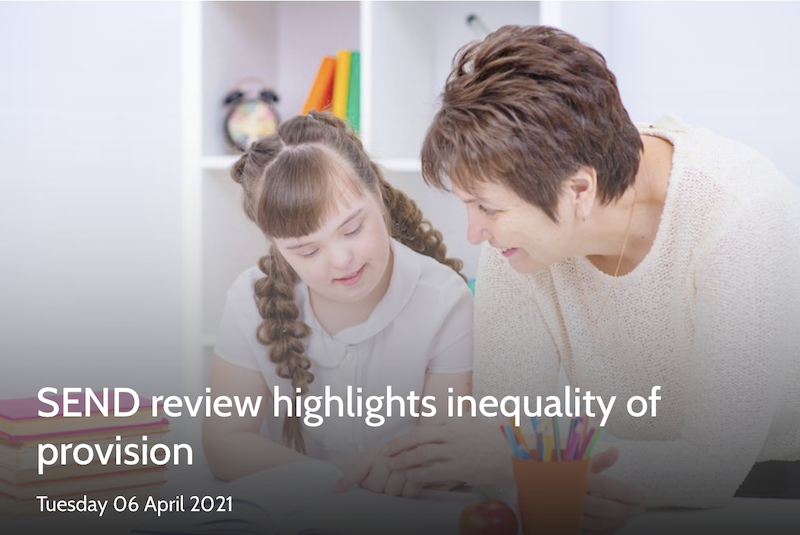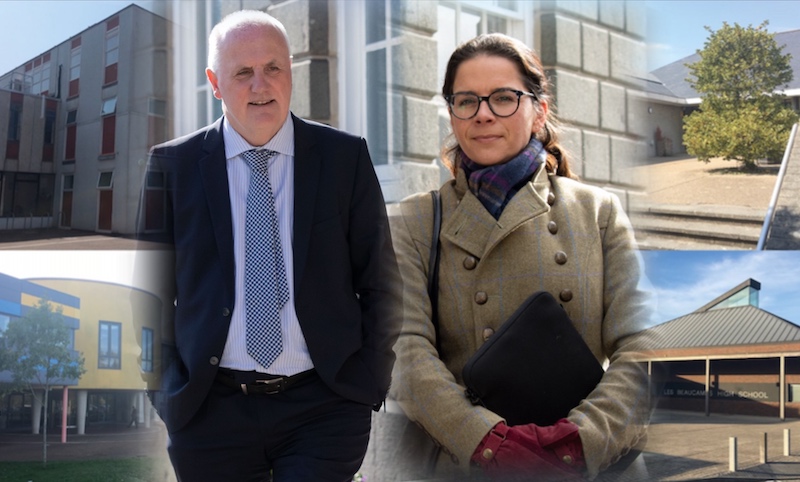


Increasing maximum class sizes is a "backward step in provision for children", according to a teaching union, as they disputed the Education President's assertion that it will result in very little change.
In a letter sent out to teaching staff in the States sector, Education, Sport & Culture President Andrea Dudley-Owen announced that class size limits would increase from 26 to 28.
The 'tipping point' policy increases the limit allowed in a class before a new form needs to be created. Based on current cohorts, this would equate to average class sizes of 22 in primary schools and 25 in secondary schools.
"This change to our policy will actually result in very little change from this September, with only a handful of additional students in three or four-year groups across the whole of the secondary phase," said Deputy Dudley-Owen.

Pictured: There is some "substantial effective practice" for children with special educational needs in Guernsey - however an independent report has highlighted "inconsistent" levels of support that "vary significantly" from school to school, raising concerns over equality of opportunity.
"While we of course recognise that any change can bring uncertainty, it is important to think about this small change in the context of the very significant impact this will have for other areas of education.
"Quite simply it allows us to move forwards with some of the improvements that we are so keen to see in other areas of education, like the changes recommended by nasen - one of which will be to make sure we free up all our SENDCOs from routine teaching responsibilities."
A spokesman for the National Education Union said it is hard to see how potential increases in actual class sizes "represent anything other than a worsening of provision for our learners."
Staff fear an increasing divide in provision between the public and private schools, with some parents opting to 'buy out' in the hope that smaller classes and better facilities will lead to superior educational outcomes.
"Nobody who supported 'Pause and Review' did so expecting worsened provision in the schools that the vast majority of our next generations must attend; the very schools that current ESC politicians are responsible for," said a rep for the NEU.

Pictured: Deputy Andrea Dudley-Owen and the Deputy the NEU have called her 'minder' on Policy & Resources, Peter Ferbrache. The pair have released several joint press releases so far this political term.
The union rep continued: "Although those speaking on behalf of ESC try to separate off 'operational issues', or to label as 'business as usual' matters such as class sizes and staffing structures, teachers and parents are likely to see them as integral to the success of ESC's broader post-11 proposals.
"With Deputy Dudley-Owen's Policy & Resources 'minders' holding her by the purse strings, teachers will be bracing themselves for the possibility of further damaging announcements."
Staff reportedly view the latest announcement as a 'smoke and mirrors' strategy that is "designed to mask a backward step in actual provision for pupils."
"Notwithstanding the Department's current 'meaningful engagement' charm offensive, the NEU believes that ESC politicians need to own the whole process."
Comments
Comments on this story express the views of the commentator only, not Bailiwick Publishing. We are unable to guarantee the accuracy of any of those comments.